
It's safe to say that most of us will be leaving 2020 with a newfound sense of appreciation for many things, but one, in particular, is undeniable for those who enjoy a great bottle of wine and take an interest in how the products they consume came to be.
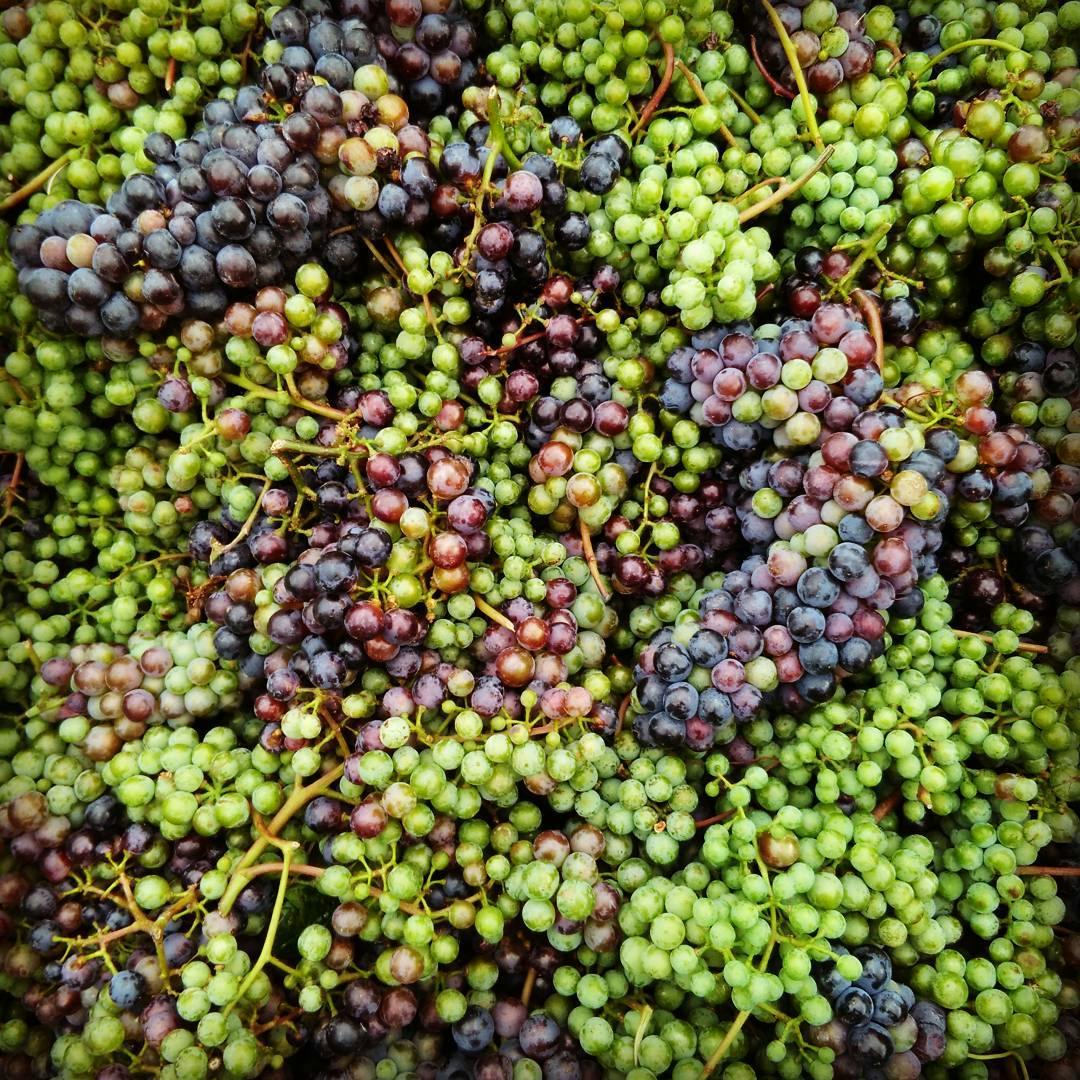
Natural wine is certainly not a new phenomenon, but it is one that has taken off and gained significant momentum over the past couple of years. 2020 brought numerous changes in how we socialize, purchase, consume and behave. Still, despite the challenges faced by the hospitality industry, the growing interest Canadians have developed for organic, biodynamic and low-intervention wines has managed to increase steadily. To be clear, these are all distinctions that fall into the category of "natural" wine, which is a broad term that can represent various elements from the grape to the way the wine is produced to the conditions under which it is made. There are a few characteristics, though, that differentiate "natural" wines from their conventional counterparts. Large-scale wine production tends to focus heavily on yield, meaning the use of pesticides is essentially required to ward off potential threats to the grape. In contrast, organic winegrowers limit or prohibit the use of synthetic chemicals. Biodynamic wine, another of-the-moment production style, focuses on treating the growing soil as its own environment that thrives by way of natural processes. By definition, that typically means low-intervention and smaller-scale wine-making practices, which seem to be a strong draw toward the natural wine craze. Fermentation may also be a familiar term. It is the process by which the wild yeasts of the grape growing climate and skin are free to blossom, creating the funky, fizzy and sour tastes that many associates with natural wines. While conventional varieties use commercial yeasts to yield a consistent flavour, wild fermentation offers more variety as well as a certain amount of risk from nature being left to its own devices.
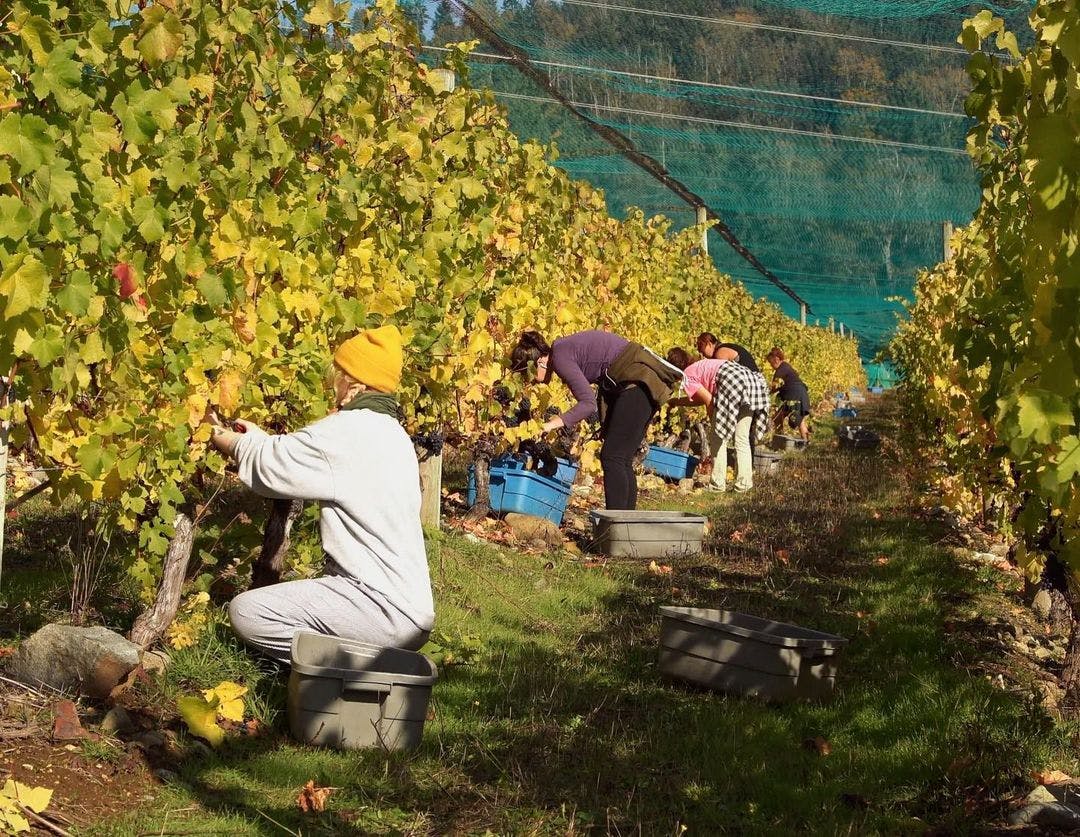
Conscious consumption has been noticeably increasing in recent years across many industries, so it's no surprise that the way consumers choose to purchase products has seeped into the wine sector. That rings true even more deeply this year, as 2020 has brought us far more time indoors and robbed us of the experience we'd normally have at bars and restaurants. As such, Canadians are granted the opportunity to think about their purchases more and try and recreate special, meaningful moments at home. "People are spending more time focusing on what they're consuming," says Dave Everitt, who co-owns Paradise Grapevine, an enchanting wine and beer bar near Christie Pits. "They aren't getting the ambiance that they once did, so they're compensating for that with what they are eating and drinking at home. It's opening up a lot of people's eyes." On top of that, Everitt notes that consumers are becoming increasingly curious about their wine and spending more time researching online to build out their personal collections, especially with the introduction of bottles to-go this year from bars.
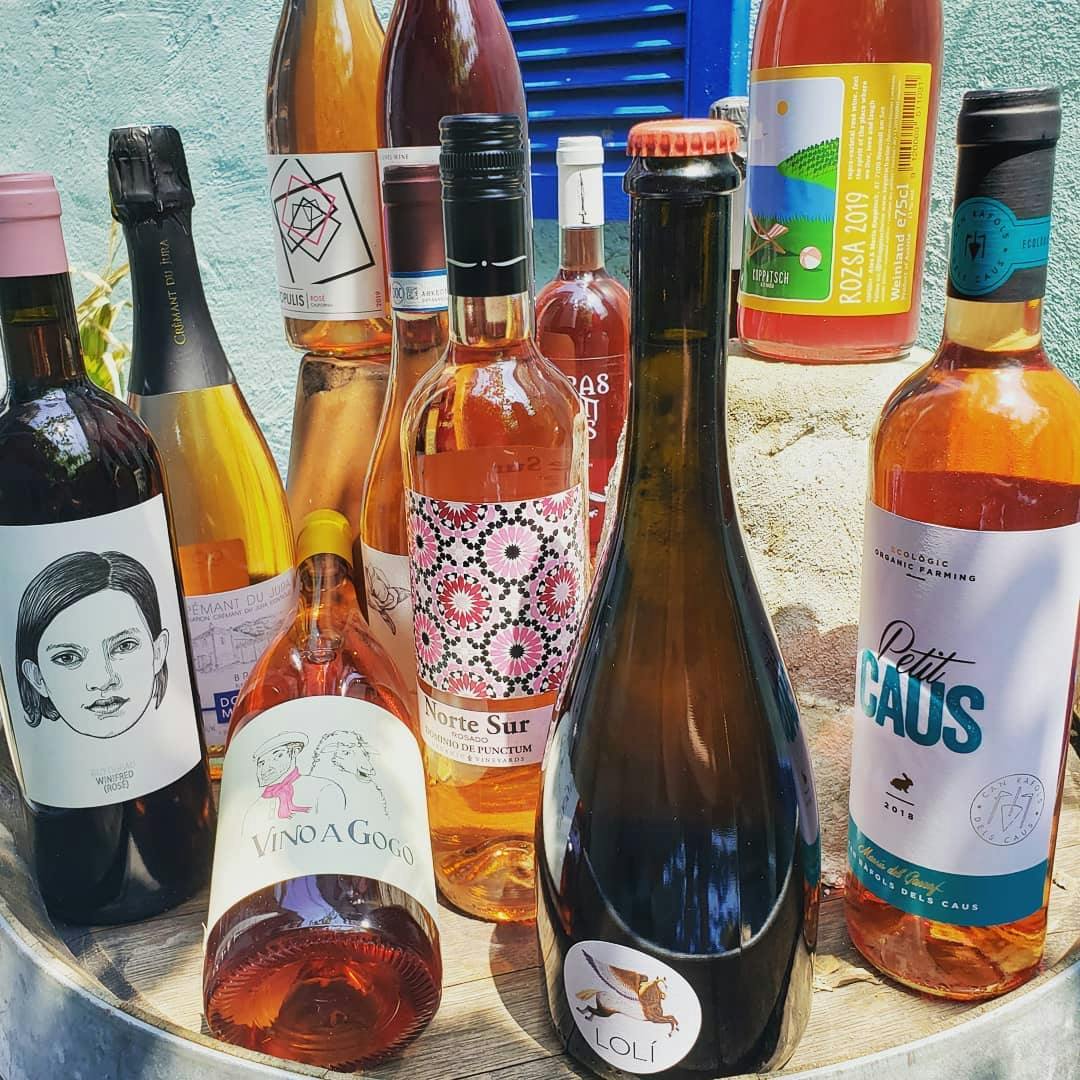
But what exactly is driving people's particular interest in this type of wine? Everitt reflects on organic and low-intervention wines as a greater extension of the natural food trend that has grown over the past few years. "There is more thoughtfulness over what we are consuming - we want products that taste better and are better for us," he explains, noting that natural wine is currently in a high growth phase. As someone who comes from a longtime craft beer background, Dave also likens the current wine landscape to that of the beer industry a few years back, touting it as "a reaction to sameness in an industry." What starts out as a very niche product like craft beer or organic food becomes normalized over time. "There was a strong acceleration and people really opened up to it," he says of craft beer when it first grabbed the attention of consumers. "It started in beer bars and eventually, every restaurant was serving it. What used to only be found in specialized places moved into many different [establishments] that became aware of what customers were looking for."

Giuseppe Anile, the owner of Midfield Wine Bar, agrees that consumers have become much more knowledgeable about natural wine over the past few years, with the media and online information making it easier for them to understand. However, he also mentions lifestyle as a factor in the choice to drink these more interesting, low-intervention wines, noting that some customers come in for a particular bottle "just to be able to say they've had it." Owning one of the first wine bars in Toronto to introduce this style over seven years ago, Anile has noticed the change over time, pointing out that guests are increasingly asking for bottles that they would never have prior to a few years ago. Wine choice is being "put into the hands of consumers in a way it never has before," he says, which in turn means that wine agencies are now focusing more heavily on natural-leaning varieties.
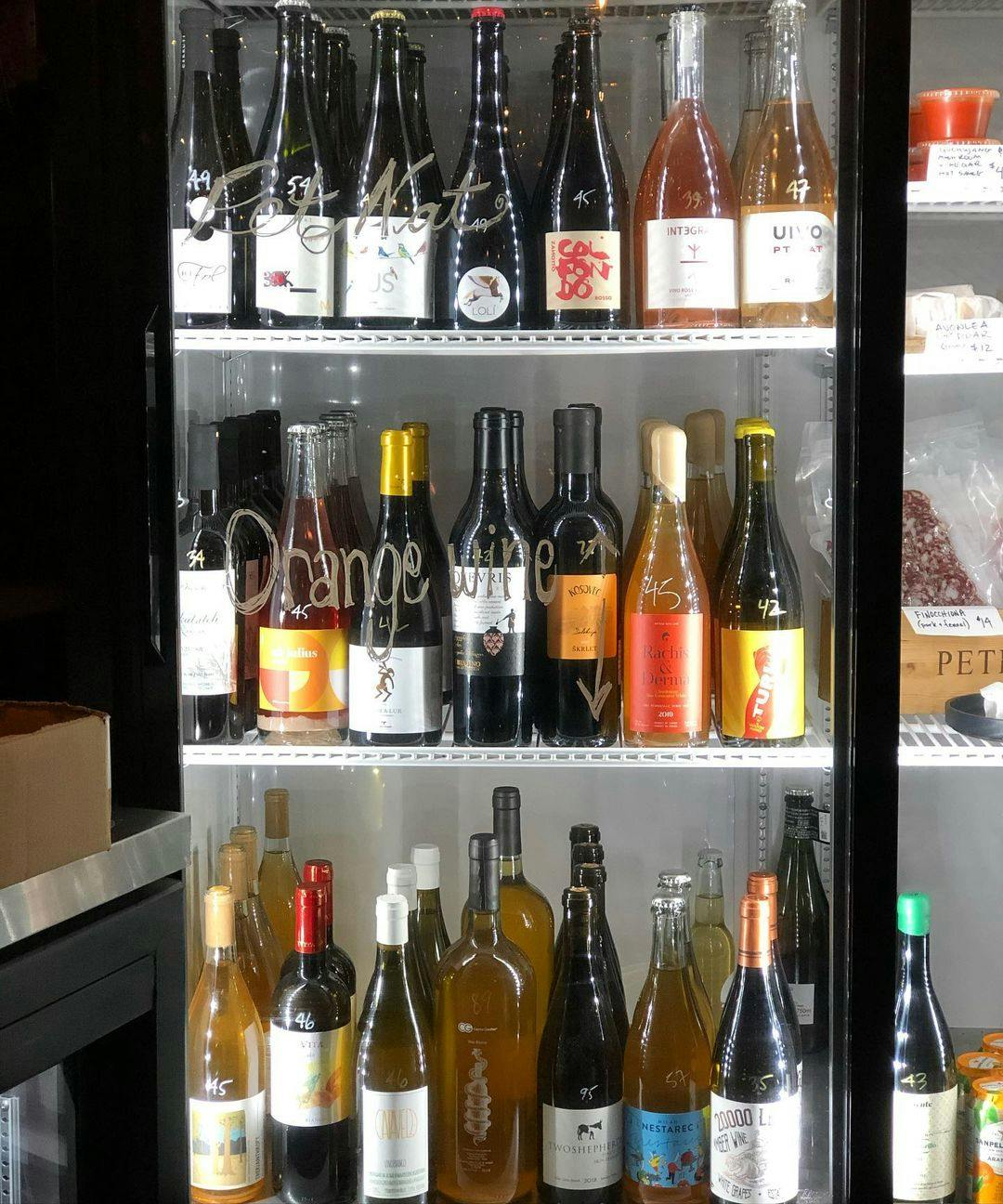
In terms of the future, getting past the roadblocks of 2020 is a feat in itself for bar owners across the city who want to be able to continue offering unique, funky, low-intervention wines to consumers. Giuseppe explains that the most critical next step is the province offering wholesale pricing to bars, something that has always been an underlying issue but has really come to the forefront during a time when dining establishments cannot count on profits from regular, full-capacity indoor service. "We need to be able to offer bottles at a lower price point," he says, reflecting on his visits to other countries in the past where he found himself shocked at how much cheaper their wine was sold for. With the LCBO being a monopoly in Ontario that controls the sale of alcohol to nearly everyone (yes, that shockingly includes bars and restaurants), the structure must be modified for our city's bars to recover from an undeniably difficult year. On top of that, Everitt explained the added obstacle for Ontario producers who are attempting to branch into natural wine production, as regulations in the province "make it difficult to earn money on bottles that don't fit into traditional boxes."
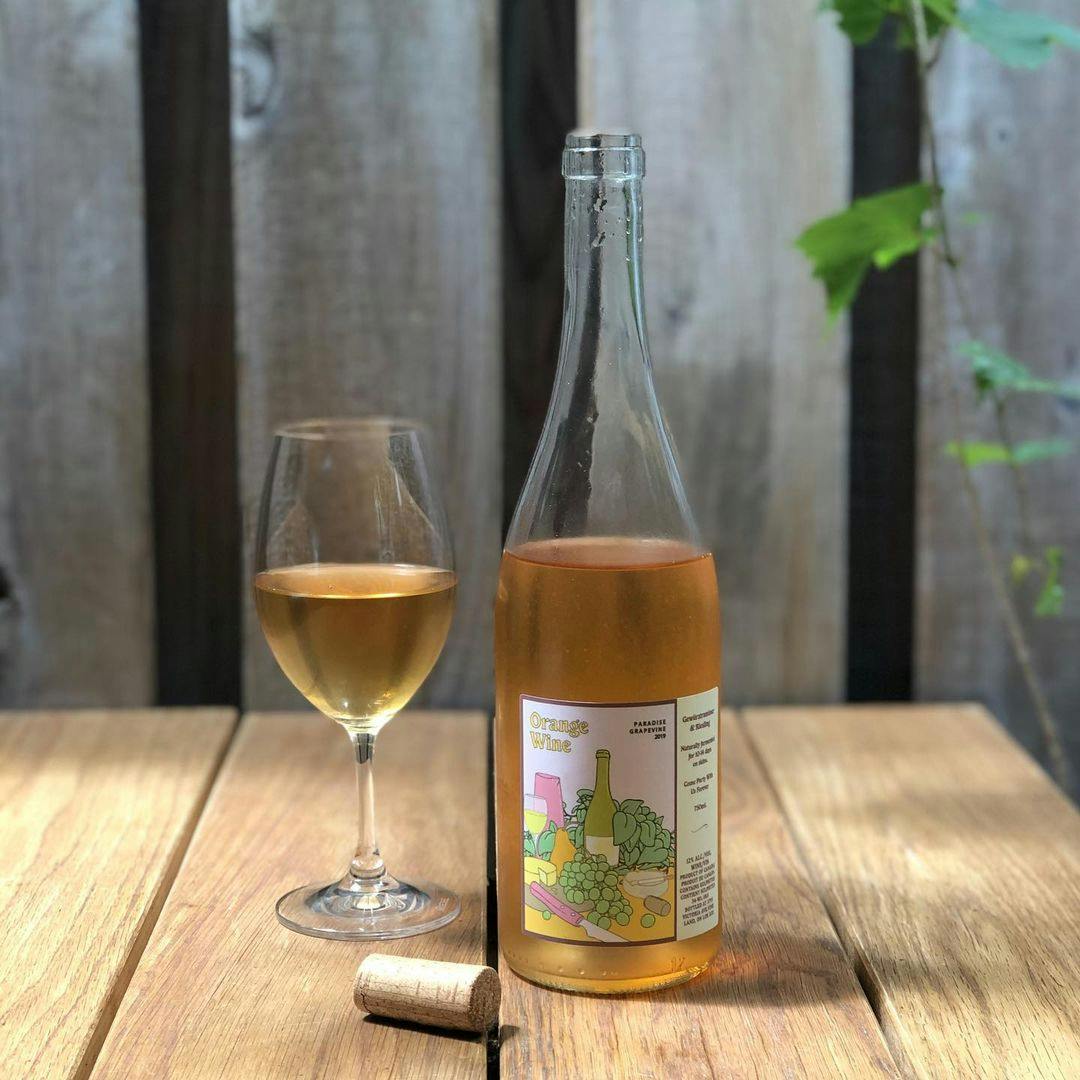
So while natural, organic wine is certainly a niche that will continue to grow over the next year and beyond, there is a larger issue at play for our industry as a whole here in Ontario. One positive change that has come out of this year is bars and restaurants being permitted to sell bottles of wine to the public, but they need to make money from that to survive. Regarding the production side, a change in regulations would allow more winemakers in our province to include fermented, low-intervention products in their repertoire, as Everitt and his team are currently doing at their shared winery in Creemore. The hope for Anile (and likely for most owners) is that next year will bring an even deeper culture of passion around natural wines, fulfilled by bars like Midfield that can operate as bottle shops and as restaurants simultaneously. The production of wines that interfere as little as possible with their natural environment while providing consumers with a more intriguing, unfiltered and true-to-the-soil taste is an all-around win, so let's hope that the changes brought by 2020 will continue to fuel positive change for the wine industry of the future.










